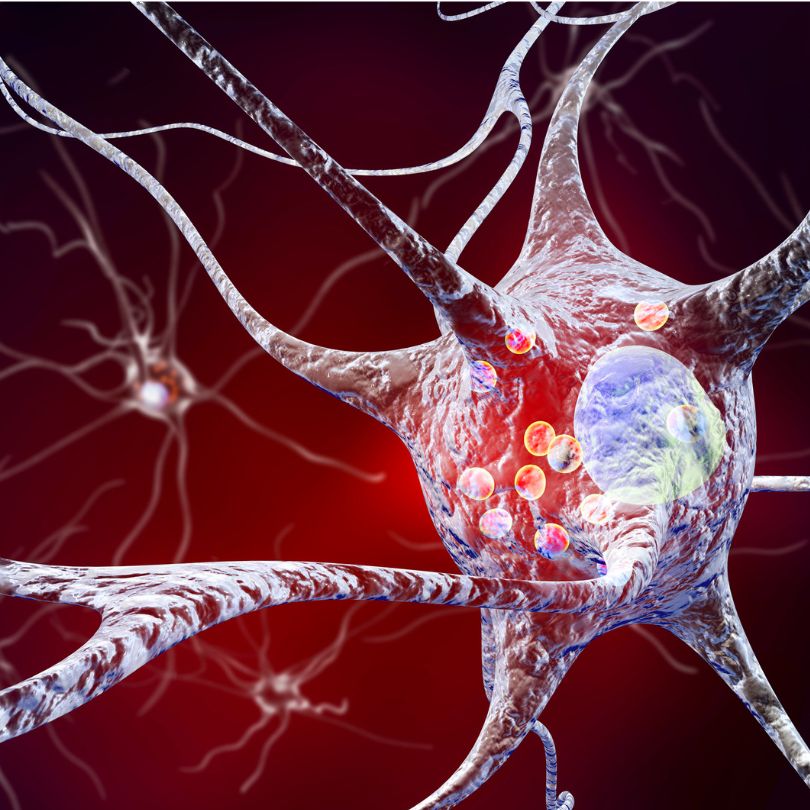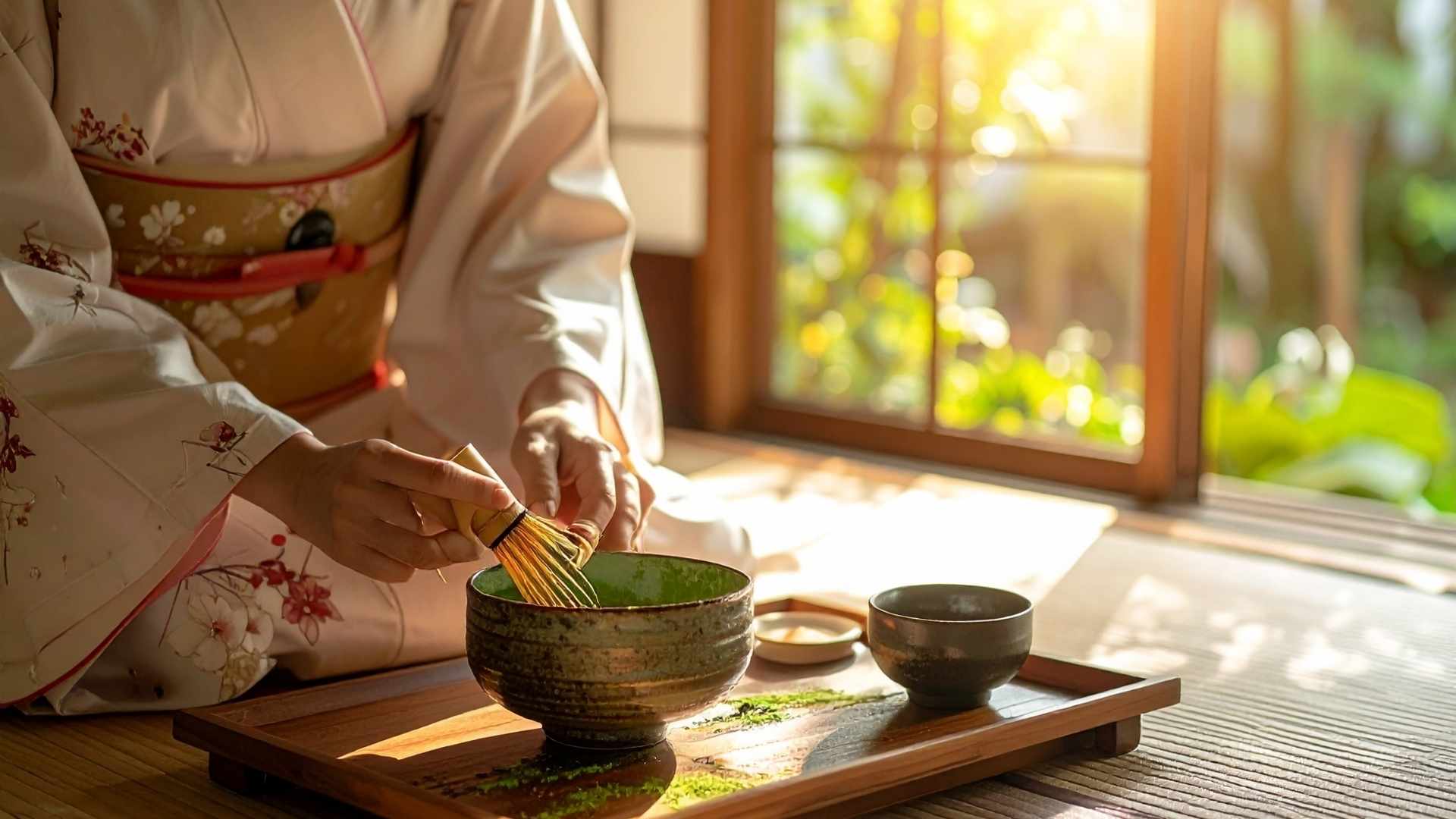April 11 is World Parkinson's Day, a special occasion to raise awareness and learn more about this neurological disease that affects millions of people and their families. At Matchaflix, we want to join the effort to increase awareness and seek ways to address its challenges. In fact, matcha tea may be helpful, and we want to tell you why.
What is Parkinson's Disease?
Parkinson's is a chronic neurodegenerative disease that primarily affects the body's motor system. The progressive loss of neurons in a part of the brain called the substantia nigra leads to a decrease in the production of dopamine, a neurotransmitter vital for controlling movement and coordination. As the disease progresses, several symptoms manifest, with the most characteristic being resting tremors, muscle stiffness, bradykinesia (slowness of movement), and postural instability.
Although there is no definitive cure for Parkinson's, various treatments are available that can help manage the symptoms, including medications that increase or replace dopamine, supportive therapies such as physiotherapy, and in some cases, surgery for certain patients. The scientific community continues to seek improvements in treatments until a definitive cure is found.

Studies and Scientific Evidence
Since we don’t like to speak without basis, here are some recent findings that shed light (and hope) on the consumption of green tea and matcha in relation to Parkinson's:
-
Neuroprotective effects and reduction of inflammation
- Northwestern University, news release, Nov. 3, 2021.
- Weiss & Anderton, Determination of catechins in matcha green tea by micellar electrokinetic chromatography, 2003. Colorado Springs: Department of Chemistry, University of Colorado.
-
Improvement of cognitive function:
Some studies have shown that green tea and matcha may improve cognitive function in animal models of Parkinson's. https://www.ncbi.nlm.nih.gov/pmc/articles/PMC9199515/
How to Consume Matcha Tea
Introducing matcha tea into your diet is a natural way to enjoy its antioxidant and anti-inflammatory properties. However, if you have a serious medical condition or have concerns, we recommend doing so cautiously and under the supervision of a healthcare professional. Here are some tips to get started:
-
Medical Consultation: Speak with your doctor or nutritionist. It’s important to ensure that matcha does not interfere with your medications or health conditions.
-
Gradual Introduction: Start with small amounts of matcha to see how your body reacts. You can begin with half a teaspoon of matcha powder per day and adjust as you feel comfortable.
-
Ways to Consume: Matcha is very versatile. You can prepare it as a tea by mixing the powder with hot water (80º), and you can also add it to smoothies, yogurts, or even baking recipes. A simple recipe is a matcha smoothie with banana and spinach, providing you with energy and essential nutrients.
-
Quality of Matcha: Always choose high-quality matcha, preferably ceremonial and organic, to avoid pesticides and other chemicals that could be harmful, especially in sensitive neurological conditions.
-
When to Consume: It’s best to consume matcha in the morning or at noon to avoid possible disturbances in your sleep pattern due to its caffeine content.
We hope you have found this information useful. At Matchaflix, we want to convey our commitment to improving the health and well-being of people and, specifically, to raising awareness and visibility for challenging diseases like Parkinson's.
If you’d like to know more about matcha, feel free to visit our website. We have a blog full of recipes, fun facts, and plenty of information!





Share: